Tag: profession
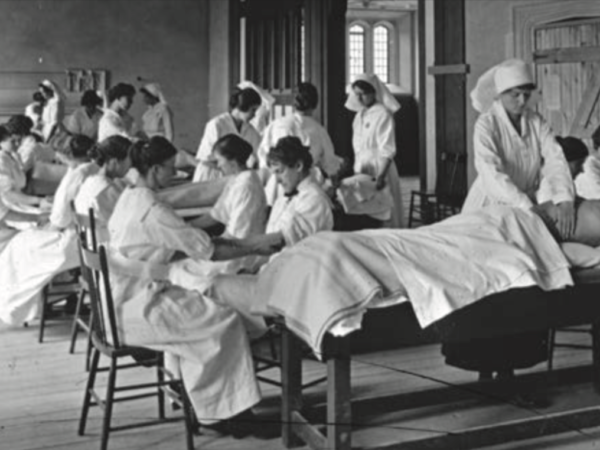
History of Physiotherapy Uniforms in Canada
We know that in our world today, uniforms are ubiquitous and continue to define who we are and where we work. As examples, uniforms in the military stemming back to Napoleon Bonaparte, uniforms of the Church (think about the Pope’s regalia and the red robes of his cardinals), Police and …
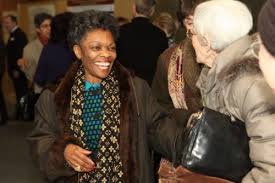
Giving back to her country: Canadian-Jamaican physio collaboration
By Gillian Woodford, The McGill Reporter; submitted by Sarah C. Marshall (with permission) Three decades after graduating from McGill, Dorothy Thomas Edding helped found Jamaica’s first and only university-based School of Physical Therapy, allowing aspiring physiotherapists to study and work closer to home. Back in the late 1950s a bright …
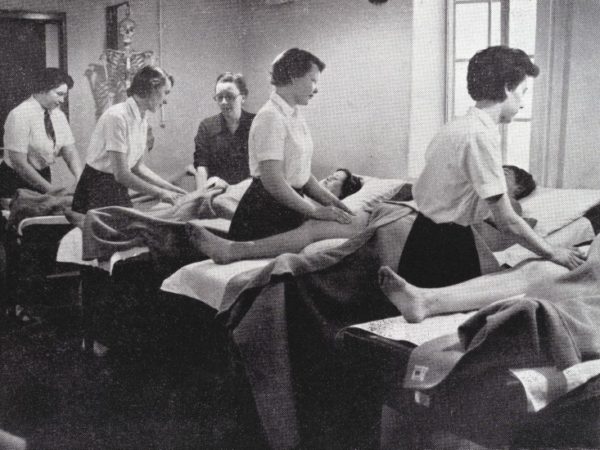
The process of physiotherapy professionalisation in the UK – Development of autonomy, Part IV
A Watershed in Professional Independence in the UK – The McMillan Report NOTE: Readers may be interested to know that Mr E.L. McMillan (Chairman of the McMillan working Party, in whose name the Report was published) was a patient of the author during the period that the working party was …
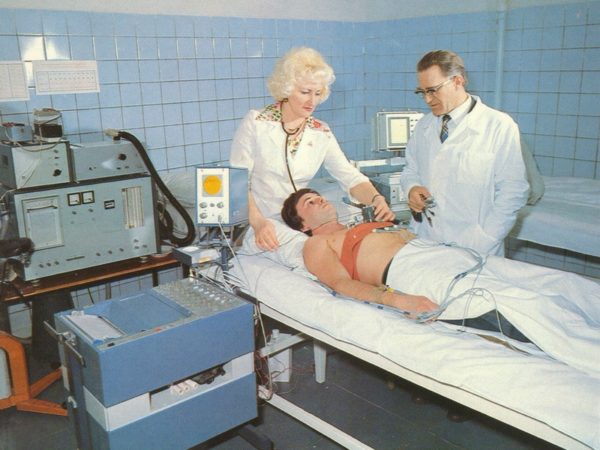
The process of physiotherapy professionalisation in the UK – Development of autonomy, Part III
In the late 1960s and early 1970s, Physiotherapy in the UK suffered several setbacks on the road to professional autonomy. This was very disappointing for physiotherapy in the UK, particularly given the developments which took place in the late 1950s and early 1960s with the advent of Government and public …
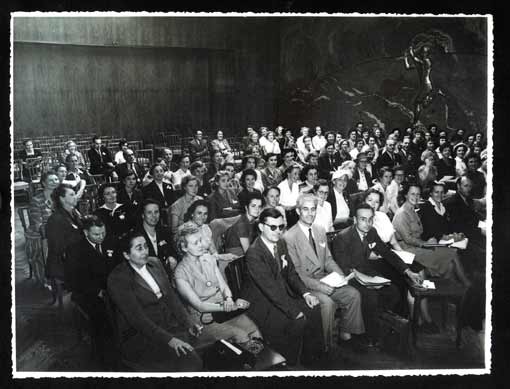
A New World of Physiotherapy
Nearly 70 years after its inauguration, the World Confederation for Physical Therapists (WCPT) transformed into World Physiotherapy on 30 June 2020 with the launch of their new website at www.world.physio. The idea of creating an international body began in 1948 when Physical Therapists from a number of countries met to discuss …

Brasil: Os primeiros anos da profissão
“O que existiu primeiro foi o CAOS e depois GAIA (Terra)” – Hesíodo: Teogonia – Origem A palavra grega CAOS é a mais aproximada da palavra “Vácuo”, um vazio ou nada no início de tudo. Assim foi com a Fisioterapia no Brasil até os anos 1950, uma Fisioterapia sem Fisioterapeutas. Os …
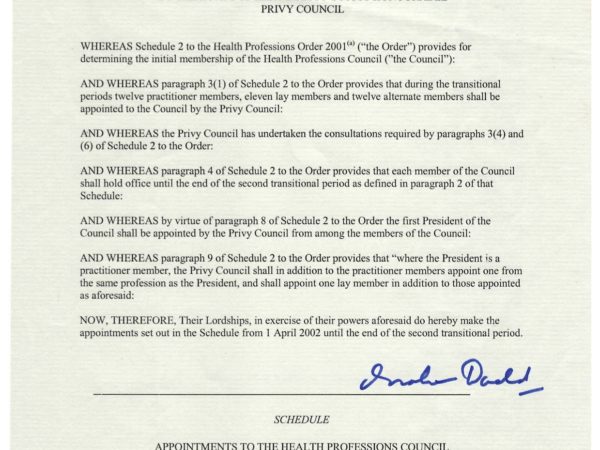
The process of physiotherapy professionalisation in the UK – Development of autonomy, Part II
Introduction¹ My previous contribution to IPHA articles (March 2020) presented an overview of the relationship between the medical profession and physiotherapy following the introduction of the National Health Service (NHS) in the UK exemplified through the Cope Report. This contribution continues the story via an overview of the development of …

How an Anglo-Indian Man Made Australian Physiotherapy Great
Australia was the first country in the world to teach and examine all aspects of physiotherapy: exercise, massage and manipulation, and electrotherapy, in programmes aligned with universities. Early physiotherapists were not nurses, and men were as numerous as women. ‘Massage’ did not fairly describe the practitioners’ real knowledge and skills, …

The process of physiotherapy professionalisation in the UK – Development of autonomy, Part I
Notes on the relationship between physiotherapy and the medical profession in the early days of the National Health Service In the early days of the UK National Health Service (which came into being on 5thJuly, 1948) the influence of the medical profession in terms of the direction, prescription, education and …
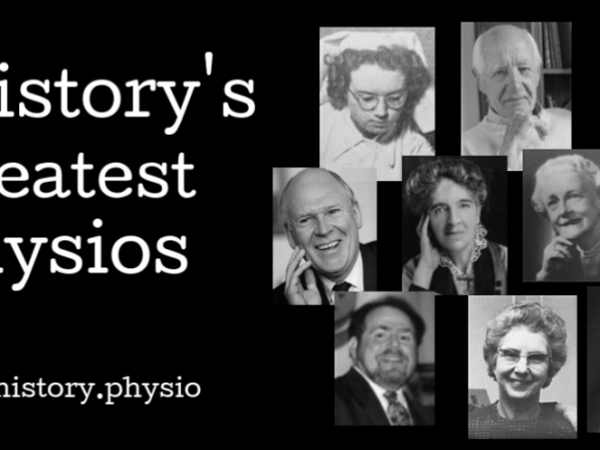
History’s Greatest Physios Announced
On the 125th anniversary year of the commencement of the Society of Trained Masseuses in the United Kingdom, one of the seminal moments in the history of the profession, the International Physiotherapy History Association (IPHA) called for nominations from the global physiotherapy and physical therapy community to help determine History’s …
